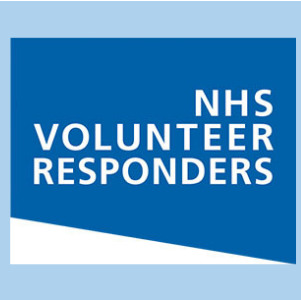
This week plans were announced to expand the NHS Volunteer Responders scheme in England into social care – this will involve a drive to recruit volunteers to take on social care tasks such as delivering medication or tackling isolation and loneliness via social visits.
The local VCSE sector delivers various levels of social care throughout Bristol (as well as surrounding areas), with the sector being a key part of the social care system both nationally and locally. The implementation of this new scheme, and the centralisation of investment, could significantly impact the sector as well the communities it supports.
There are substantial gaps in social care currently, with 170,000 hours a week of required homecare not being delivered due to a lack of staff, and further investment in social care is needed to resolve this. Evidence has also shown that volunteering has declined since the beginning of the cost-of-living crisis, with many VCSE sector organisations losing volunteers vital to their service delivery and being unable to replace them.
From our recent Pulse survey, we also know that VCSE organisations delivering services in Bristol and surrounding areas are struggling to operate because of rising costs and rising demands for their services, with many also using financial reserves to stay afloat.
All the evidence suggests that a centralised scheme, such as the current extension of the NHS Volunteer Responders scheme, won’t be an effective solution to the problems facing social care or the VCSE sector.
Recent academic evidence from the pandemic demonstrates the effectiveness of using existing relationships, partnerships, and volunteer networks in times of crisis over centralised schemes that cut across existing structures. National analysis of the current NHS Volunteer Responder scheme was due to be released in the summer of 2022, but is not yet in the public domain. However, analysis of the scheme at regional level and smaller has recommended that any future centralised volunteering scheme should be integrated with local networks, with a coordinated joint-approach.
The extension of the scheme risks undermining local systems that already exist, using the limited number of volunteering hours available to duplicate existing structures with no additional benefit.
Additionally, as the volunteering taking place will lack the continuity that is so vital in social care it is likely to be ineffective, especially when compared to community-based, relational volunteering. Ultimately the evidence suggests that the extension of the NHS Volunteer Responders scheme is likely to be ineffective in delivering long-term outcomes to keep people appropriately cared for.
Unfortunately, whilst volunteers can supplement the paid workforce, they cannot substitute for the gaps in social care recruitment and retention.
Voscur is keen for the national review of the NHS Responders scheme to be published so that the learning can be used to influence further developments.
Furthermore, we encourage work to begin on integrating the NHS Responders scheme with local approaches, without placing additional burden on VCSE organisations.
Rebecca Mear, CEO of Voscur, said:
"It is a missed opportunity that central government has decided not to invest in existing, locally-based VCSE organisations to build on initiatives that we know work. As part of the VCSE Alliance, working with our Integrated Care System, we will work in partnership to make sure that future volunteering programmes are driven by the communities which they seek to serve.”
If you are an organisation that is affected by these changes we would like to hear your thoughts. You can contact our Policy, Research and Communications Manager, Ian Hudson-Murt via email at ian.hm@voscur.org